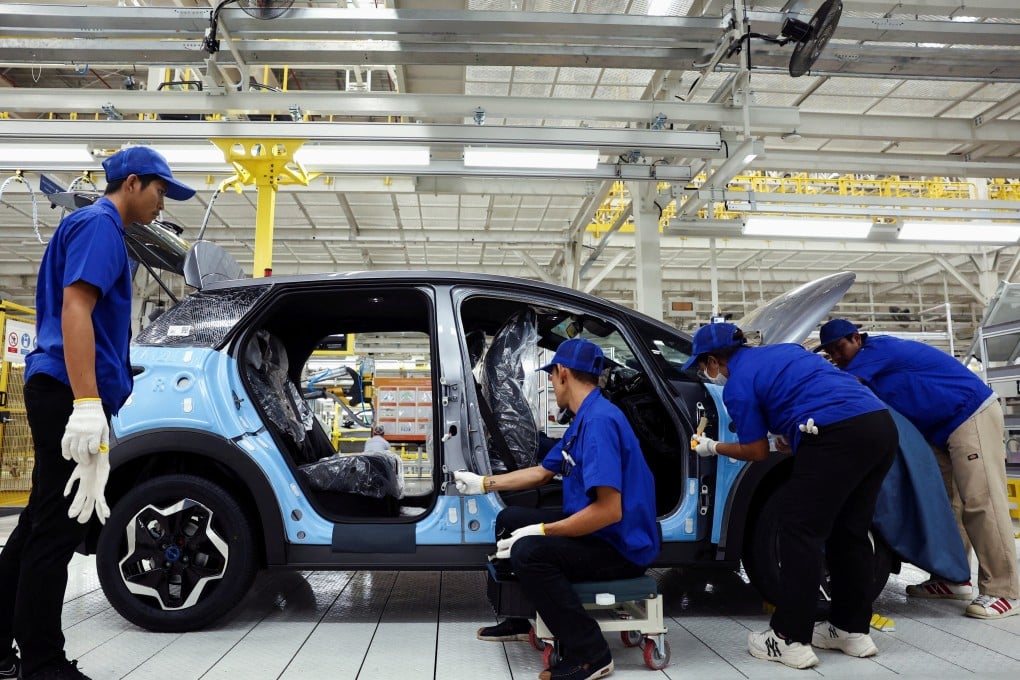China’s EV price war: BYD, Li Auto sell more with thinner margins, as discounts intensify
China’s only profitable EV builders rebound from poor first-quarter performance, with BYD’s second-quarter earnings nearly doubling

“Top players have shown their resilience after getting off to a slow start this year,” said Ding Haifeng, a consultant at Integrity, a Shanghai-based financial advisory firm.
BYD’s second-quarter performance was its second-best, behind a 10.4 billion yuan profit in the third quarter of 2023. In the January-to-March period, BYD reported a 47.3 per cent quarter-on-quarter decline in profit to 4.6 billion yuan.
BYD did not provide second-quarter 2024 numbers directly; the figures above were derived by comparing its first-half figures and its first-quarter results, published in April in Hong Kong stock exchange filings.
In the second quarter, the EV penetration rate on the mainland surged to 45 per cent, from 31 per cent between January and March. The rate has since surpassed 50 per cent in July as major EV assemblers slashed prices.
